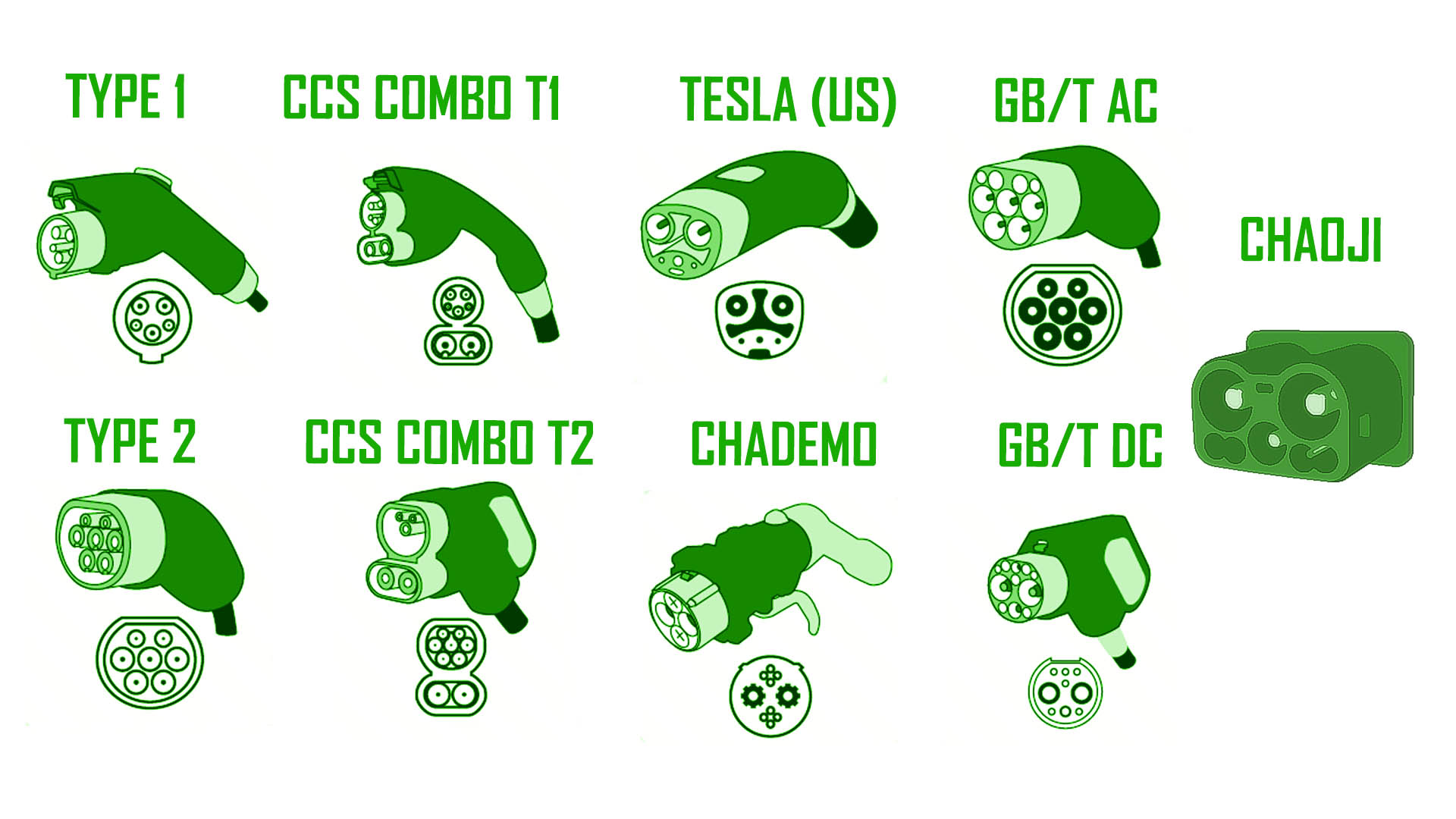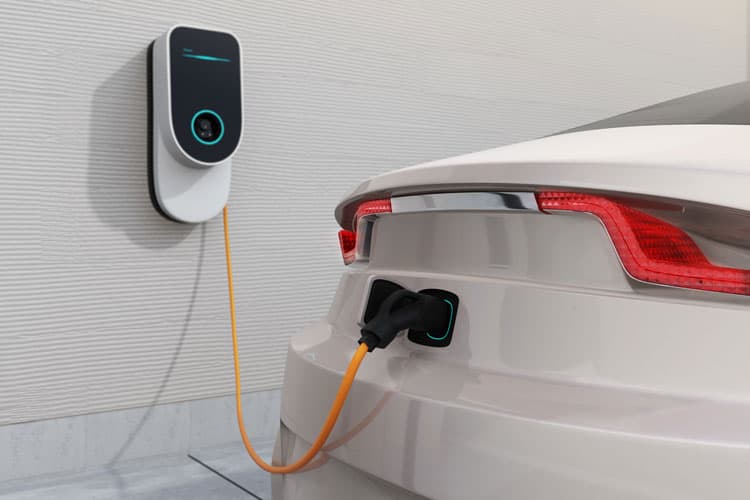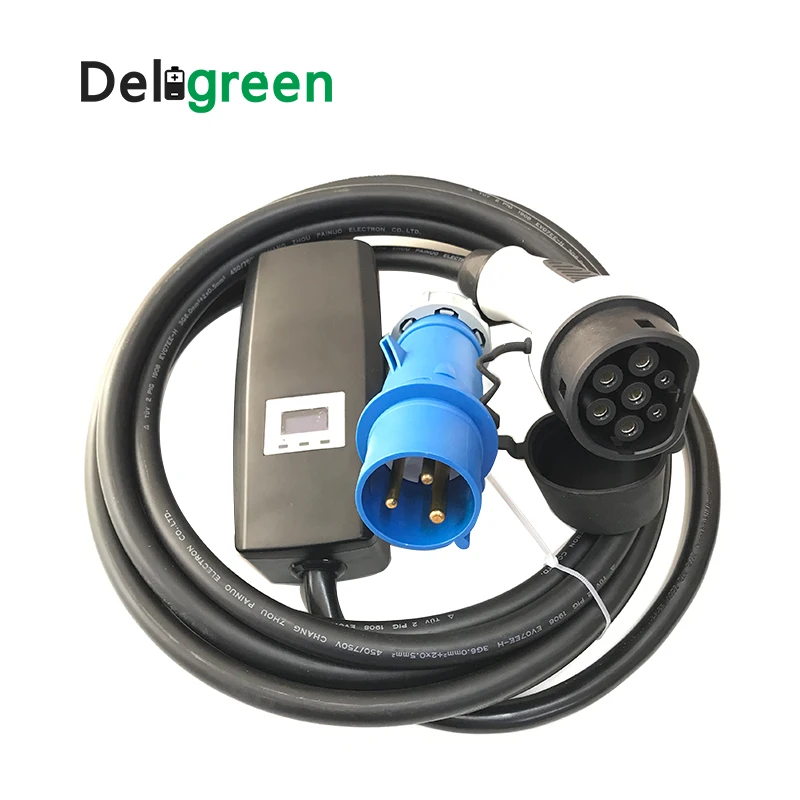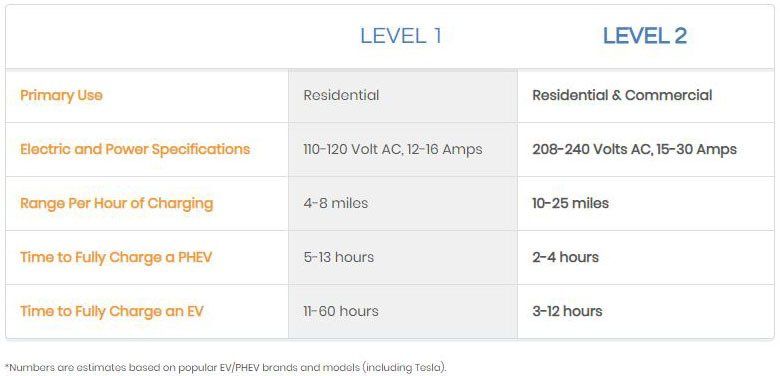As more and more people shift towards renewable energy sources, electric vehicles (EVs) are fast becoming a popular choice among those who wish to reduce their carbon footprint. However, as with any new technology, there are some challenges that need to be addressed. One such challenge is the availability of charging stations for EVs. While gasoline stations are present in almost every nook and corner of the world, EV charging stations are still not as widespread. But that is changing quickly as more companies take notice of the growing demand for EVs and invest heavily in developing the necessary infrastructure. In this post, we take a look at some of the different types of EV charging stations that are available today, along with their features and benefits. Level 1 Chargers Level 1 chargers are the most basic form of charging stations and are typically used for home charging. They are designed to be plugged into a standard household outlet and can be used to charge an EV's battery overnight. The charging speed of a Level 1 charger is relatively slow, with a maximum charging rate of around 2.5-3.3 kW. However, since most EVs have a range of over 100 miles, Level 1 chargers are suitable for most drivers. One of the most significant advantages of a Level 1 charger is that it is relatively inexpensive to set up - all you need is a regular 120-volt outlet. Additionally, since it can be used at home, it provides EV owners with a lot of flexibility, as they do not have to worry about finding a charging station while on the go. Level 2 Chargers Level 2 chargers are the most commonly found EV charging stations today. They are faster than Level 1 chargers, with a charging rate of up to 19.2 kW. Level 2 chargers can be installed both in homes and public charging stations, making them a popular choice among EV owners. One big advantage of a Level 2 charger is its compatibility with most EVs. Level 2 charging stations typically come with a universal connector that can be used with a variety of different EV models. Additionally, Level 2 chargers come with a variety of features, such as power management and scheduling, which can help EV owners manage their charging needs. DC Fast Chargers DC Fast Chargers are the fastest type of EV charging station available today and are commonly found in public charging stations. They are also the most expensive type of charger, with prices ranging from $15,000 to $40,000 per unit. DC Fast Chargers can charge an EV's battery from 0% to 80% in as little as 30 minutes, making them ideal for drivers who are always on the go. One of the major limitations of DC Fast Chargers is their compatibility. Not all EVs are compatible with DC Fast Chargers, and even those that are may require an adapter. Additionally, since these chargers are typically found in public places, EV owners may have to wait in line to use them. Wireless Chargers Wireless charging is a relatively new technology that is gaining popularity in the EV industry. These chargers use induction to charge an EV's battery, eliminating the need for cables and connectors. Wireless chargers can be installed both at home and in public places, making them a flexible option for EV owners. One of the significant advantages of wireless charging is its ease of use. EV owners simply need to park their car over the charging pad, and the charging process begins automatically. Additionally, since there are no cables or connectors involved, there is less wear and tear on the EV's battery and charging equipment. Portable Chargers Portable chargers are another type of EV charging station that is gaining popularity in the market. These chargers are typically small and lightweight and can be carried around in an EV owner's trunk or glove compartment. Portable chargers provide drivers with a lot of flexibility, as they can be used to charge an EV's battery almost anywhere. One of the major limitations of portable chargers is their charging speed. Most portable chargers are Level 1 chargers, which means that they charge at a relatively slow rate. Additionally, since they are designed to be carried around, they typically have a smaller battery capacity, which means that they may not be able to charge an EV's battery to full capacity. Conclusion As more and more people shift towards EVs, the demand for EV charging stations is expected to increase rapidly in the coming years. Despite the different types of charging stations available today, there is still a long way to go before EVs become as convenient as gasoline cars. However, with the right investment in infrastructure and technology, we can expect to see significant improvements in the EV charging experience in the near future.
If you are searching about Best Home EV Chargers | news - AutoeBid you've visit to the right web. We have 8 Pictures about Best Home EV Chargers | news - AutoeBid like Best Home EV Chargers | news - AutoeBid, Types of EV Chargers and also 7KW EV charger Type2 Level 2 Adjustable EVSE DC Home Wall Chargers 32A. Read more:
Best Home EV Chargers | News - AutoeBid
 www.autoebid.com
www.autoebid.com ev chargers andersen
⚡ EV Chargers, Cables And Connectors For Home And Stations
 interchargers.com
interchargers.com ev types supercharger connectors chargers
High-speed Chargers Drive EVs Closer To The Mainstream | GreenBiz
 greenbiz.com
greenbiz.com chargepoint map chargers drive charging stations ev closer mainstream evs speed high greenbiz courtesy
Chargepoint Joins Growing List Of Clean Energy Firms Going Public Via
 pv-magazine-usa.com
pv-magazine-usa.com chargepoint acquisition nyse sbe switchback spac rebates maine dominated merger spacs provider
Top 10 EV Chargers - A Buyer's Guide - Evs101.com
 evs101.com
evs101.com ev chargers charger guide buyer guides tips reviews
Here Are The Fastest-Charging Electric Vehicles - The Next Avenue
 thenextavenue.com
thenextavenue.com charging electric vehicles ev rate charge table fastest per capacity battery speed range australia
7KW EV Charger Type2 Level 2 Adjustable EVSE DC Home Wall Chargers 32A
 www.aliexpress.com
www.aliexpress.com ev chargers 7kw 32a evse type2 byd
Types Of EV Chargers
 www.apexsolarpower.com
www.apexsolarpower.com Chargepoint map chargers drive charging stations ev closer mainstream evs speed high greenbiz courtesy. High-speed chargers drive evs closer to the mainstream. Charging electric vehicles ev rate charge table fastest per capacity battery speed range australia
 www.autoebid.com
www.autoebid.com  interchargers.com
interchargers.com  pv-magazine-usa.com
pv-magazine-usa.com  evs101.com
evs101.com  thenextavenue.com
thenextavenue.com  www.aliexpress.com
www.aliexpress.com  www.apexsolarpower.com
www.apexsolarpower.com
0 Comments